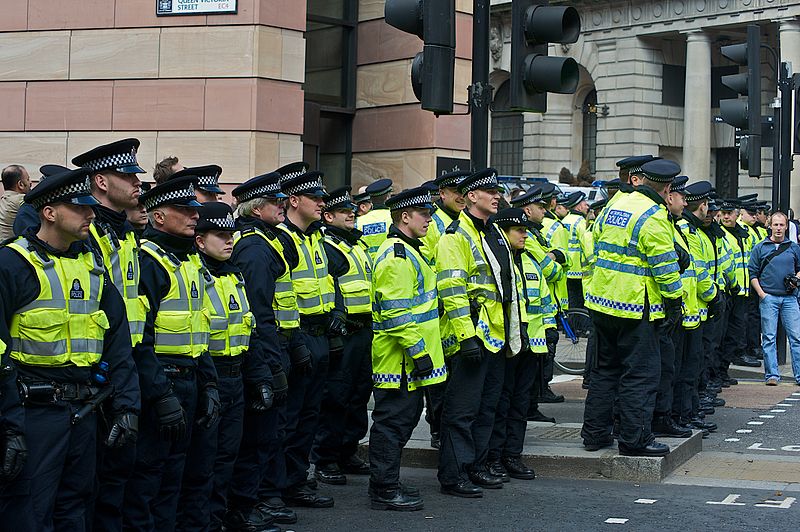Patrick West on the long decline in public trust for British police:
In Britain, there have traditionally been two sections of society who dislike the police. One type are radicals – or pseudo-radicals, as epitomised by the capitalist-run store Lush and Rik from The Young Ones – who object to the forces of law’n’order on anarcho-libertarian grounds. The police for them are ‘pigs’. The other type are the working class, or sections of it, who object to the police on account of them poking their nose into private matters that don’t concern them. The police for them have historically been ‘the filth’.
Yet the police are now widely disliked beyond those two demographics. These days, even conservatives and the respectable middle class don’t like the rozzers. A story beyond the hoo-ha over Lush and its anti-police ads might help to explain why.
This year there has been a litany of reports about rape cases collapsing owing to police failing to investigate evidence that would have exonerated the defendants. And this week it was revealed that 47 rape and sexual-assault cases in England and Wales were halted between January and mid-February because evidence was withheld from defence lawyers.
This is not entirely the police’s fault. They have been under political pressure from lobby groups obsessed with attaining rape conviction quotas – as if justice was about achieving statistical targets, rather than punishing guilty individuals and letting innocent individuals go free. As the Daily Telegraph, a newspaper that should be a natural friend of the police, put it: ‘It is hard not to conclude that under pressure to increase conviction rates, the police and prosecutors simply withheld evidence that would help the defence, in order to make a successful prosecution more likely.’
The police have been alienating their erstwhile natural friends for some time. This first became evident at the end of the last century, with the jailing of the Norfolk farmer Tony Martin for shooting dead a burglar who had broken into his home. The consequent outrage in the conservative press stemmed from a belief that the police were now more concerned with the human rights of criminals than with crimes against private property, in this case.




